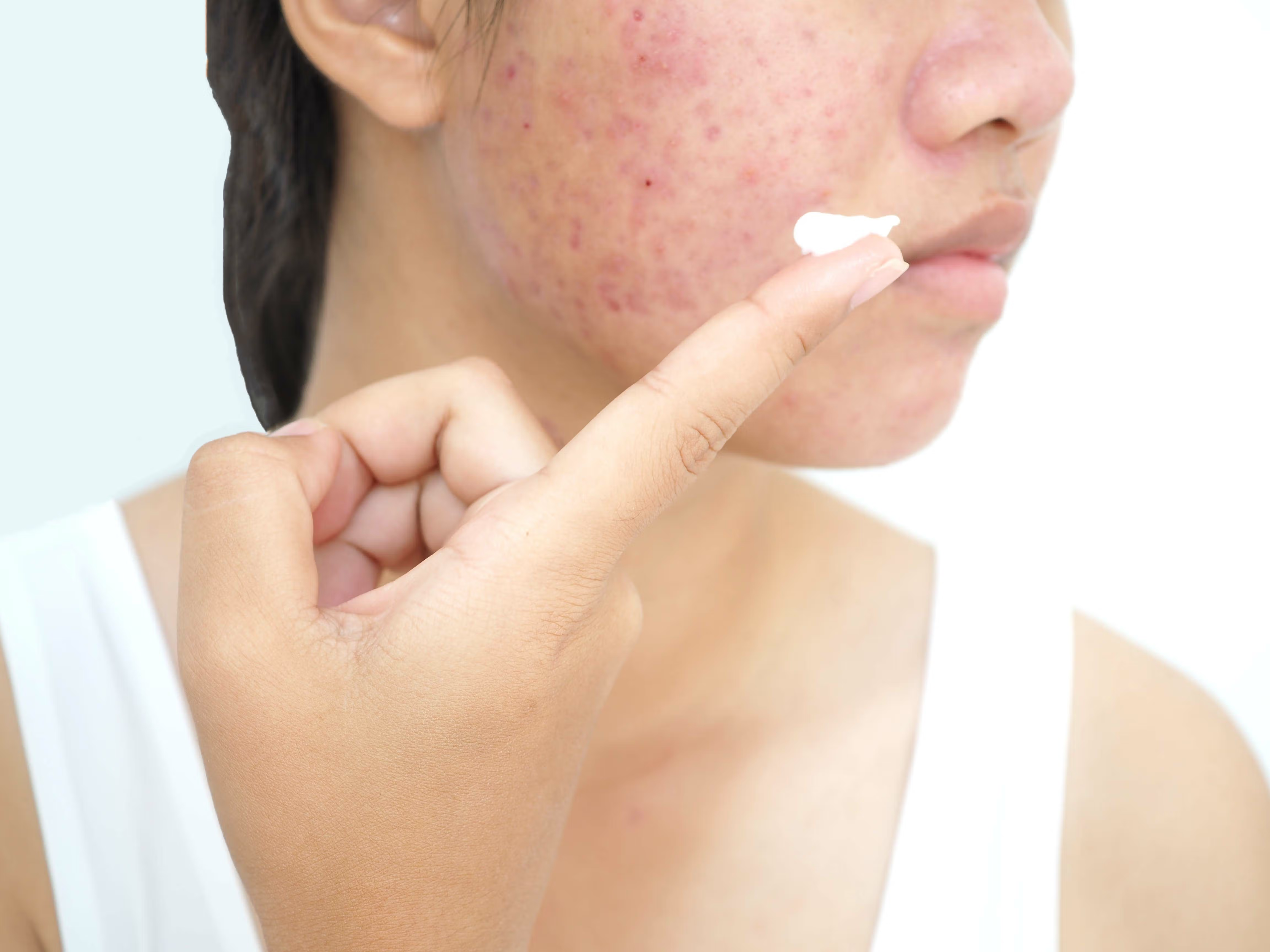- Case-Based Roundtable
- General Dermatology
- Eczema
- Chronic Hand Eczema
- Alopecia
- Aesthetics
- Vitiligo
- COVID-19
- Actinic Keratosis
- Precision Medicine and Biologics
- Rare Disease
- Wound Care
- Rosacea
- Psoriasis
- Psoriatic Arthritis
- Atopic Dermatitis
- Melasma
- NP and PA
- Skin Cancer
- Hidradenitis Suppurativa
- Drug Watch
- Pigmentary Disorders
- Acne
- Pediatric Dermatology
- Practice Management
- Prurigo Nodularis
- Buy-and-Bill
Video
Types of Cleansers
Author(s):
Expert acne specialists discuss the types of cleansers available on the market.
Joshua Zeichner, MD: Let’s change gears and talk about cleansers. We talk about everything as soap, but the reality is that traditional soaps are alkaline in pH and disruptive to the skin barrier. The latest generation of cleansers are soap-free products, and these different technologies are perhaps more pH balanced to the skin, gentler on the skin barrier, and associated with different levels of irritation. Mona, take us through this chart that we see.
Mona Gohara, MD: Lipid-free cleansers are primarily composed of water and glycerin. Those are the 2 primary ingredients, which are very hydrating. Primarily, these are going to have low rates of irritation on the skin and can help the skin barrier. That’s what we’re talking about, because they can mitigate that irritation that patients may be getting from retinoids and benzoyl peroxides. You astutely pointed out that soaps have a high pH and are not in line with our skin’s normal acid mantle and can be extremely irritating and strip the barrier, causing more irritation. In acne treatment, we steer clear of soaps. I use soaps on my dishes, not on my face. I want the oils on my dishes to go away, but not on my face with that high volume.
Joshua Zeichner, MD: The goal of cleansing is to remove dirt, oil, and other soiling from the skin without compromising the skin barrier.
Mona Gohara, MD: The problem is there’s that barrier compromise because the barrier likes to operate at that 5.5-to-7 pH, so there’s a minor conflict. Combars are a combination of fatty acids and synthetic detergent. If soaps and synthetic detergents had a baby, they’d be combars. I have a tendency to steer clear of those because their pH is a bit higher in the context of acne. Then synthetic detergents lower pH right around where the acid mantle likes to be, and our epidermal likes to be in a healthy capacity. If we land on 2 places, we should be recommending cleansers that are going to support the epidermal barrier. I’ll make the changes we saw in the previous 2 slides of benefit to the condition and benefit to how patients are feeling about themselves. In the skin we stick with lipid-free cleansers and syndets.
Joshua Zeichner, MD: Most of you listening to this are probably already recommending synthetic detergents without even realizing it. These are the cleansing bars or products that may say hydrating, but they don’t use the word soap necessarily. For people who are a bit more sensitive, they’re lipid-free cleansers. You’re already recommending, and you may not even realize it. These are extremely hydrating, and they tend to leave behind a hydrating film on the skin. They’re great across all skin types, especially in people who are sensitive.
Transcript edited for clarity





